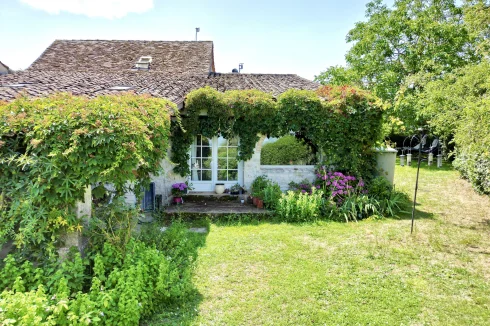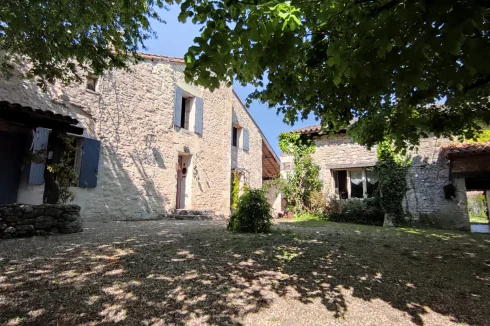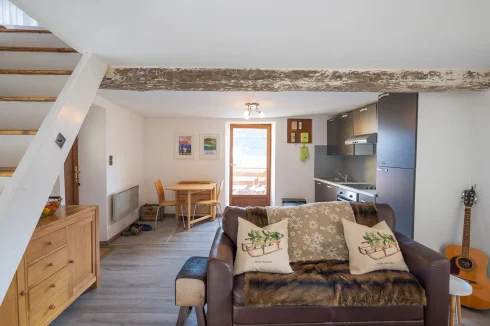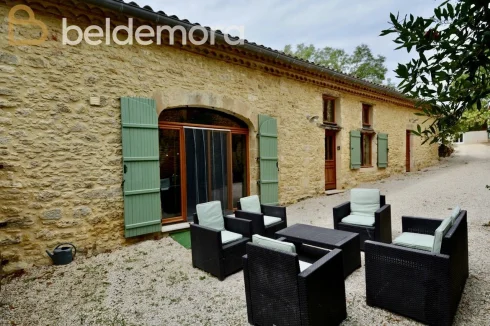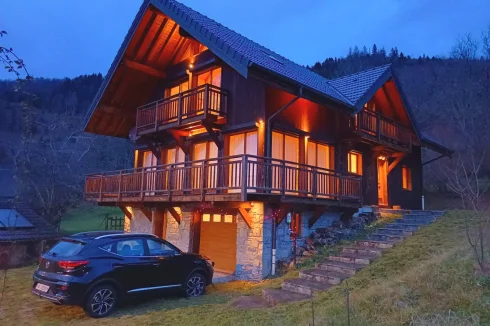Electricity Prices in France Rise by 1.9%
Thursday 01 October 2009
Electricity prices in France have been increased by an average of 1.9%, although some consumers face a bigger rise in their bill.
The differences are due to the fact that there is no single tariff for residential customers in France. Most consumers are either on a tarif de base or an off peak tariff called heures pleines-heures creuses, but different standing order and consumption charges apply for each tariff depending on the level of the kVA supply to the property. There are also other more complicated tariffs called ‘Tempo’ and ‘EJP’, with the latter now being phased out.
The main changes are:
- The 2.5 million low users of electricity who have opted for the lowest supply rating of 3 kVA on the tariff de base will see their annual subscription increase by 138% a year to €66.82 (including VAT). At the same time their consumption charges go down from €0.1350 to €0.1078 per kilowatt-hour (kWh), a decrease of 20%.
- For the 12 million residential users on the tariff de base with a supply rating of 6 kVA their standing charge before VAT rises by 7% to €77.08.
- Conversely, users with a 9 kVa supply on the tariff de base will benefit from a reduction in their annual standing charge from €124.20 per year to €96.78 (-22%), but their consumption charge increase from €0.1106 per kWh to €0.1125 (+2%).
- Those who use an off peak tariff (heures pleines-heures creuses) will see their consumption charge increase from €0.0673 per kWh to €0.0734 per kWh, an increase of +9%.
- ‘Tempo’ customers see their kWh rate rise from €0.1106 to €0.1154 per kWh (+4.7%). This is a tariff that varies according to the time of year (as well as time of day), with highest rates during periods of high demand. It is a complex tariff to operate and effectively requires that you use a wood burner during the winter to heat your home, or face high electricity charges!
You can obtain full details of the new main tariffs in our Guide to Electricity Supply Services in France.
The net result of all the changes is that the Commission de régulation de l'énergie (CRE) estimate that 78% of residential customers will face an increase in their electricity bill, while 22% will see their bill go down.
Those on a low income continue to benefit from a preferential tariff, called the Tarif de Première Nécessité. The tariff is available to around 2 million households in France
The increase is substantially less than the headline figure of 20% demanded last month by the head of EDF, as it is the French government makes the final decision on electricity prices.
Under the terms of a public service charter signed between EDF and the government in 2005, electricity prices should not increase by any more than inflation each year. It is clear that some customers will face increases in excess of the level of inflation this year.
The government have justified the increase on the need to invest massively in renewal energy and modernisation of the network.
They claim that electricity prices in France remain between 15% and 30% lower than most other European companies, and with a security of supply unparalleled elsewhere in Europe.
However, they are not a disinterested party in the financial performance of the electricity giant, for the government is a 80% shareholder in EDF, and each year receive hundreds of millions of Euros in dividend and other payments.
Consumer groups have called for greater transparency in the system, so that customers can more clearly understand the different tariffs in operation, and be able to make a more informed choice.
In theory it is possible for consumers to opt for a deregulated tariff from another supplier than EDF, but around 98% of consumers remain with EDF, who have set their regulated tariff at a rate that seems able to keep the rest of the competition at bay.
The French government have promised to open up the market for electricity distribution in 2010, following pressure from the EU. Competitors will be able to buy electricity at wholesale prices, and there will be an end to regulated tariffs for large companies, which the EU considers amounts to a hidden subsidy.
Thank you for showing an interest in our News section.
Our News section is no longer being published although our catalogue of articles remains in place.
If you found our News useful, please have a look at France Insider, our subscription based News service with in-depth analysis, or our authoritative Guides to France.
If you require advice and assistance with the purchase of French property and moving to France, then take a look at the France Insider Property Clinic.

